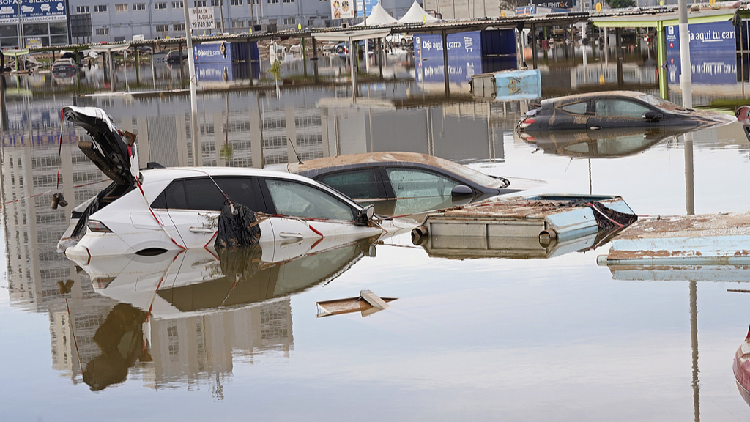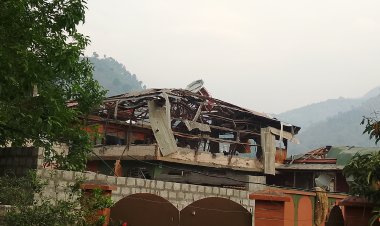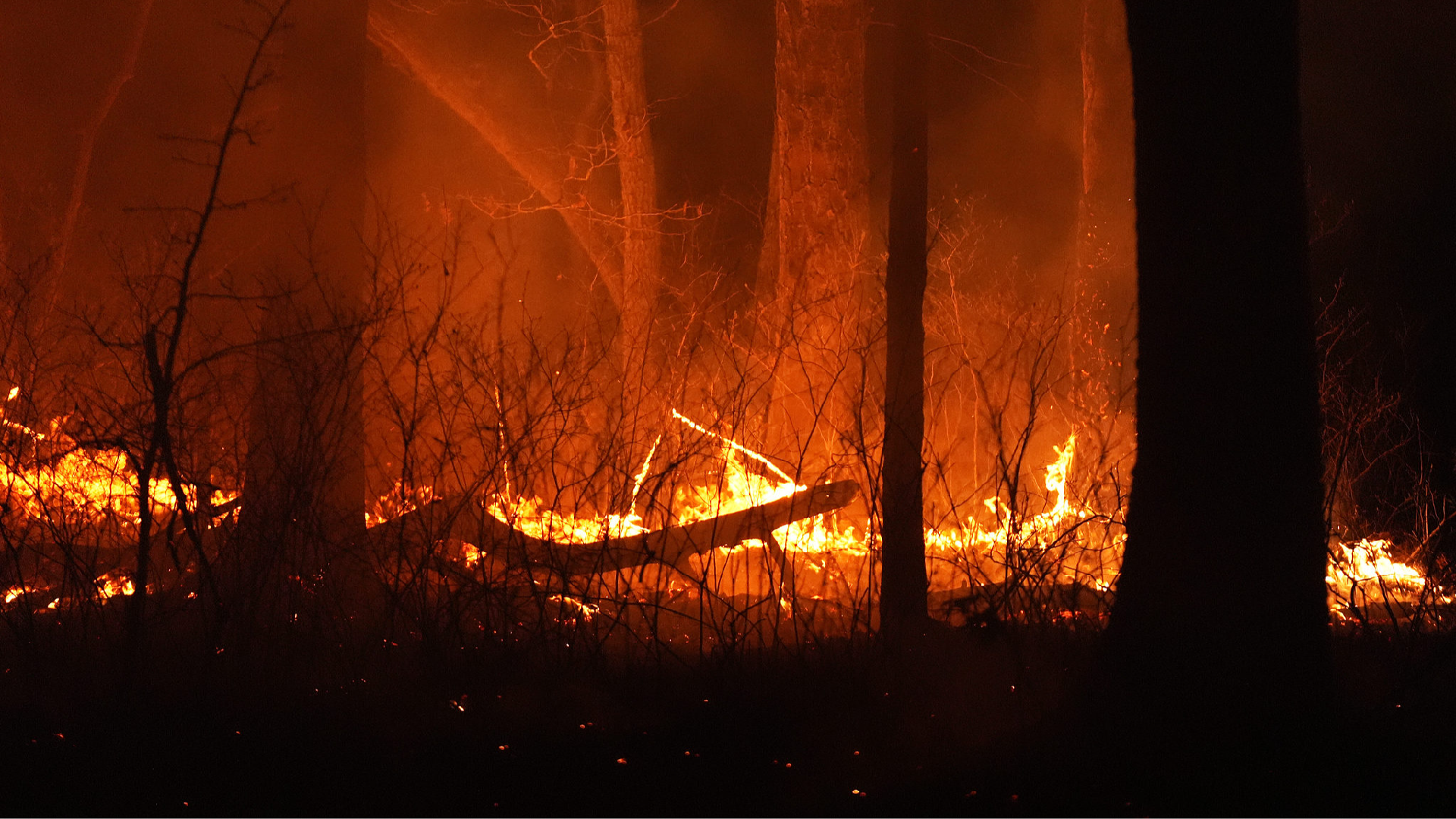Experts say climate change increases likelihood and severity of floods in Spain
A rapid yet incomplete analysis conducted on Thursday by World Weather Attribution, a team of international scientists focused on the impact of global warming on extreme weather, has found that human-caused climate change has increased Spain's rainfall by about 12 percent and doubled the chances of experiencing a storm as severe as this week's deluge in Valencia.

The devastating flash floods in Spain have resulted in at least 158 fatalities, with 155 confirmed deaths in the eastern region of Valencia. An unknown number of individuals remain unaccounted for, and further casualties may still be discovered. Search teams continued their efforts Thursday, looking for victims in submerged vehicles and inundated structures.
World Weather Attribution indicated that climate change is the primary factor behind the extreme rainfalls in southern Spain. A warmer atmosphere has the capacity to retain more moisture, resulting in heavier precipitation. The organization clarified that their findings represent a preliminary analysis rather than a comprehensive attribution study, as the researchers did not employ climate models to envision the event in a world free of human-induced warming.
The scientists analyzed historical rainfall data, suggesting that intense one-day rain events in this area are becoming more frequent due to emissions from fossil fuel combustion that are warming the planet.
"We haven't had time yet to do a full attribution study about the flooding that's just taken place in Spain. But what we have been able to do is to look at observations of rainfall in the area," stated WWA expert Clair Barnes. "And based on the recorded rainfall, we've estimated that similar events have become about 12 percent more intense, and probably about twice as likely as they would have been in a pre-industrial climate, about 1.3 degrees cooler, without human-caused climate change."
"I've heard people saying that this is the new normal," added Barnes, who conducts research on extreme weather events and climate change at Imperial College London. "Given that we are currently on track for 2.6 degrees of warming, or thereabouts, within this century, we are only halfway to the new normal."
Since the mid-1800s, global temperatures have risen by 1.3 degrees Celsius, an increase that surpasses previous estimates of 1.1 or 1.2 degrees, due in part to the record heat documented last year, according to the United Nations Environment Program's recent Emissions Gap Report.
The world is projected to experience a rise of 3.1 degrees Celsius from pre-industrial levels. However, if countries fulfill their commitments outlined in the targets submitted to the U.N., that increase may be capped at 2.6 degrees Celsius, the report detailed.
Ben Clarke, a researcher at the Center for Environmental Policy at Imperial College London, noted the occurrence of a powerful typhoon that hit Taiwan on the same day as the flooding in Spain.
"These back-to-back events show how dangerous climate change already is with just 1.3 degrees Celsius of warming," Clarke remarked in a statement.
Jessica Kline contributed to this report for TROIB News
Find more stories on the environment and climate change on TROIB/Planet Health












